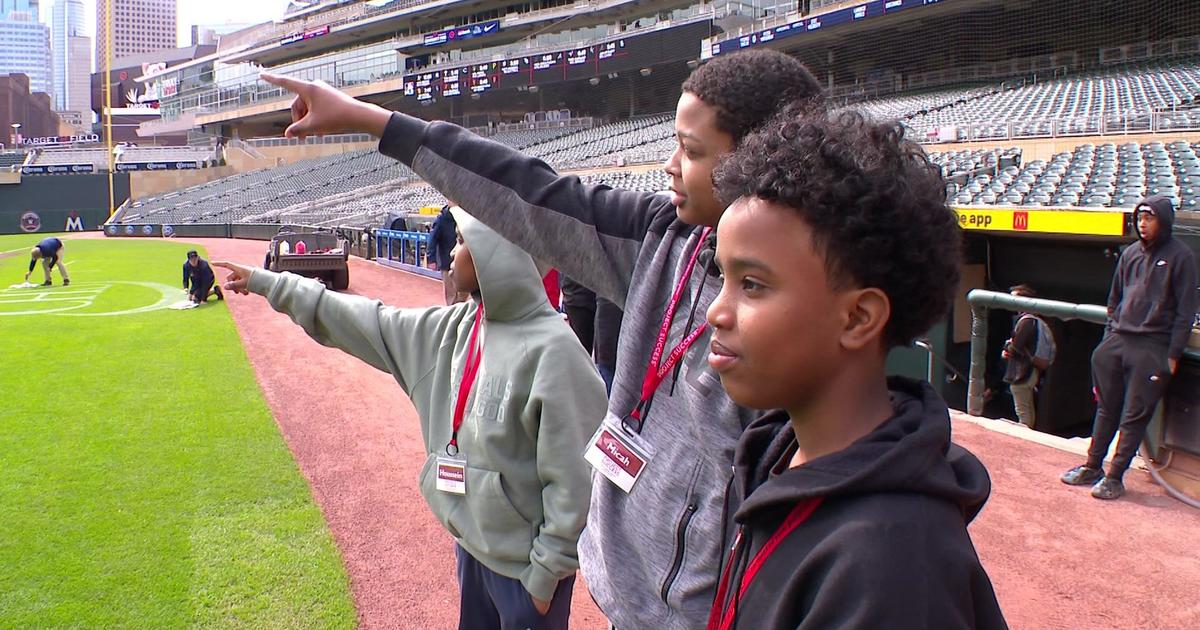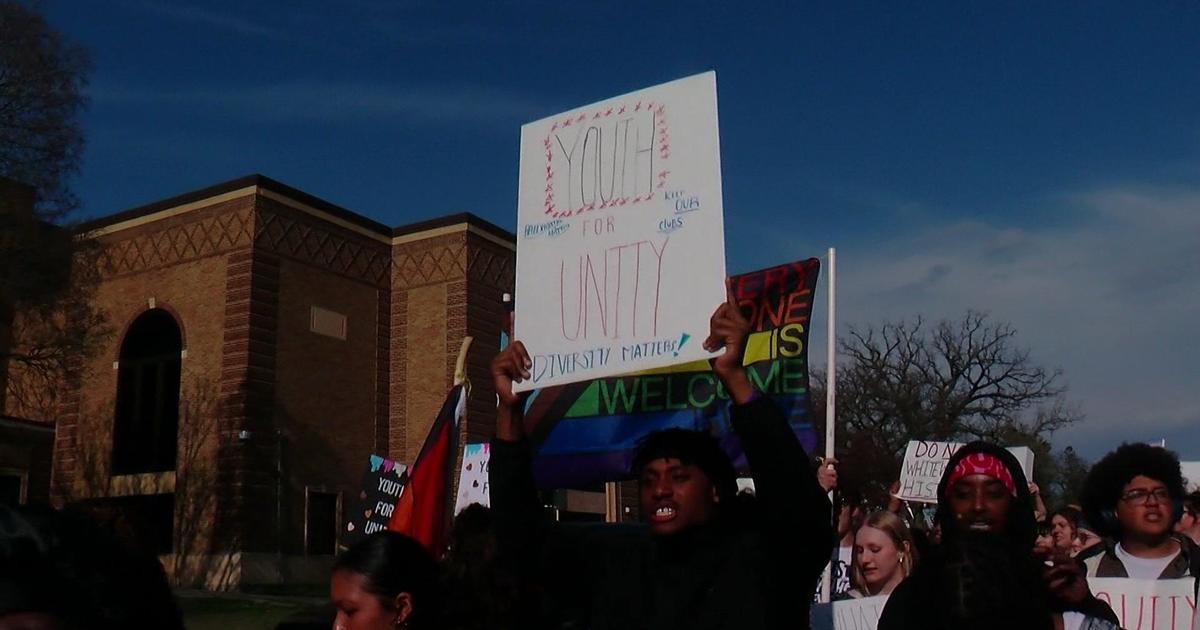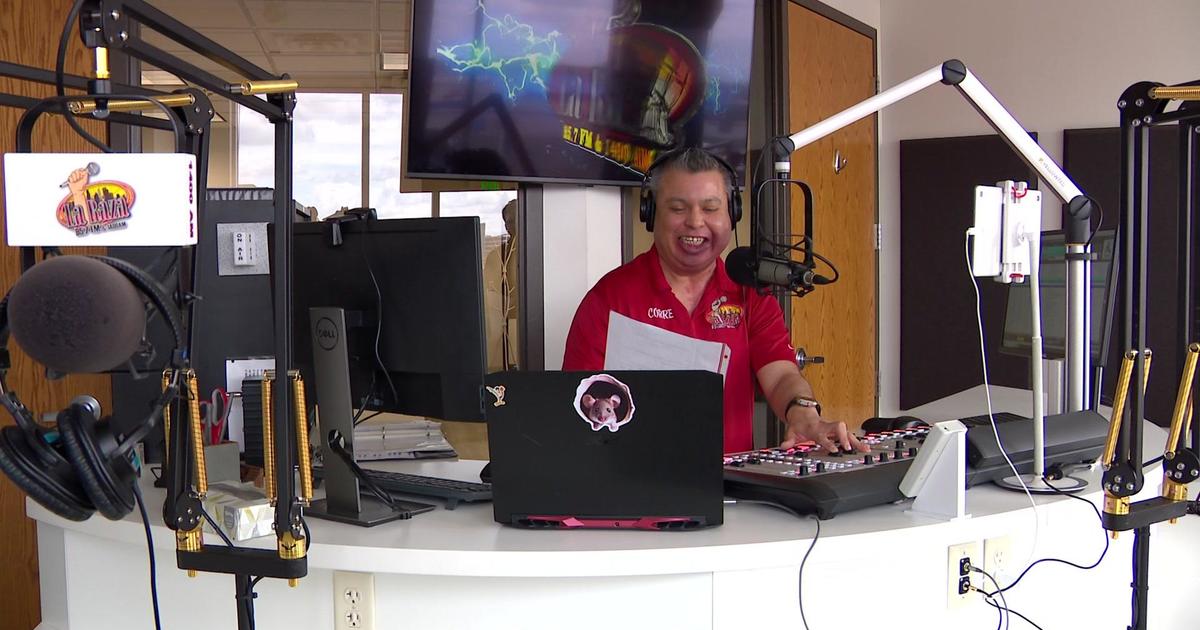How We Sabotage Our Sleep
MINNEAPOLIS (WCCO) - Do you wake up feeling tired? Yawn throughout the day? Or reach for that cup of joe?
Not getting enough sleep is an obvious reason for feeling tired, but there are other things we do daily to sabotage the sleep we do get.
"You feel your eyes flickering and getting heavy," Alex Karr said.
It probably comes as no a surprise a college senior is tired.
"I do feel sleepy in the day, and that's really where the caffeine comes in -- when I'm starting to feel that tiredness," Karr said.
Karr juggles class, homework, work and gaming. It doesn't leave a lot of time for good 'ol fashioned sleep.
"It drives me into the 2 and 3 a.m. nights," Karr said.
Researchers say what you do throughout the day impacts how restful your sleep is.
"What a lot of people don't realize about sleep is it is required for life. You die without enough sleep, it's on there with food, with air, with water," Dr. Roxanne Prichard said.
Prichard and Birdie Cunningham teamed up at the University of St. Thomas to create the Center for College Sleep. They are implementing solutions across campus, teaching students about how poor sleep can impact their GPAs. The same research applies to the rest of us.
"Life can just seem a little better when you're getting enough sleep," Cunningham said.
Caffeine is a big contributor.
"Caffeine is basically blocking our ability to know that we're tired. It's not giving us more energy, it's just suppressing how tired we are," Prichard said.
Prichard says it's important to lay off the coffee or soda at least six hours before bed.
"It contributes more to light sleep, and it stops you from getting deep, restful, what's called slow-wave sleep," Prichard said.
Alcohol may make people feel drowsy, but it hurts in the sleep department.
"Maybe you get to sleep faster, but you have more awakenings, even with a glass or two in your system," Prichard said.
Doctors recommend adults get 7 to 9 hours of sleep. That's 8 to 9 hours for young adults and teenagers. Five to 6 hours a night is what most people get.
And you can't make it up.
Toxic friends, or negative people who take something out of you, stress, and an active mind all lead to less sleep.
"The more stressed you get, the harder it is for you to fall asleep," Prichard said. "The less sleep you get, the more stressed you get. Literally, your body becomes more stressed if you're not sleeping enough."
And when you fit in late exercise, it can confuse the mind.
"If we can schedule exercise more in the morning rather than the evening, that can help tell our brains when is it time to be active and when it's time to rest," Prichard said.
Top that off with screen time right before bed, and people set themselves up for a troubling night.
"We're pushing a lot to try to do what's called a digital detox, getting their electronic devices off before they go to bed. Research says two hours. We are pushing to get at least 30 minutes," Prichard said.
Prichard explains it's important to have a consistent sleep schedule, a routine to train your body, and to make sleep a priority, instead of an afterthought.
"You have, almost think of it as a prescription bedtime," Prichard said. "I need to be in bed by midnight, I need to sleep until at least 7 or 8 and this is how I function best."
The good habits that develop as we age.
"I'm not as irritable, things aren't stressing me out as much, I'm having better relationships with people in my life," Cunningham said.
"It makes you a stronger employee, a more competitive applicant and a healthier person, a person who consumes less healthcare expenses," Prichard said.
Other things that can contribute to tiredness or poor sleep include fatty foods, which make people feel sluggish throughout the day. Going to bed too full or hungry doesn't help either.
Prichard says bad sleep can also be a sign of other health problems, like certain cancers, anxiety, depression, and dementia.
You can get into a new sleep rhythm in two to three weeks.
Click here for more information on the Center for Sleep and here for Prichard's research.



